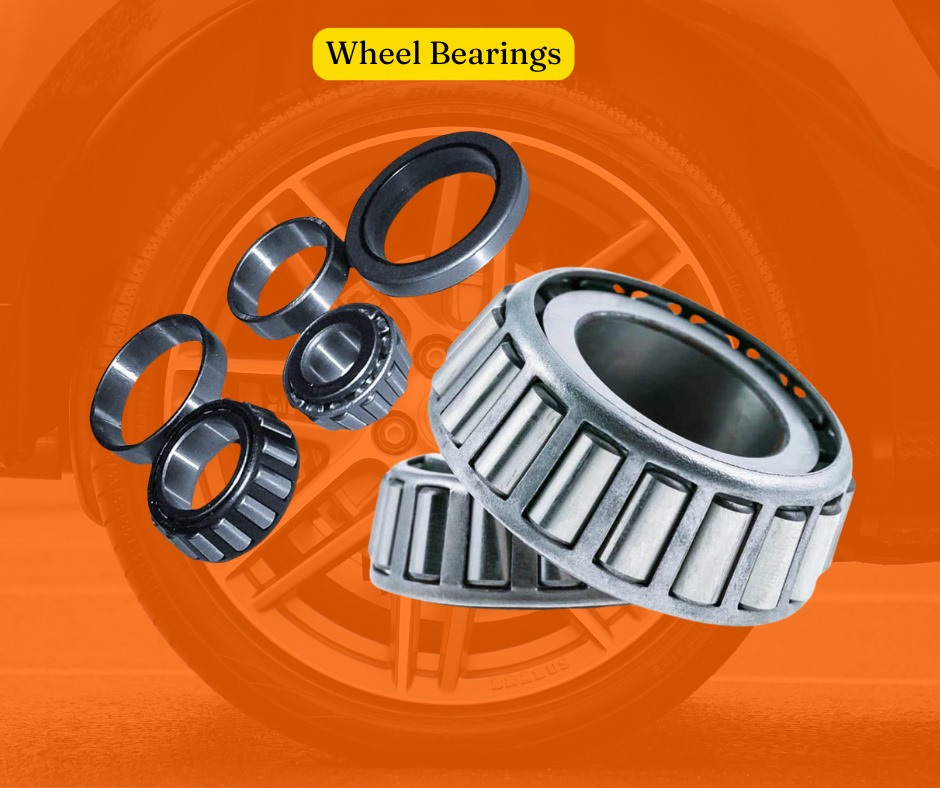Why Your Car's Wheel Bearings Make Odd Sounds

Discover the mysterious symphony of squeaks, groans, and hums your car's wheel bearings produce and what they signify.
Unveiling the Role of Wheel Bearings in Your Vehicle
Wheel bearings are essential components in your car's wheel assembly that allow the wheels to spin with minimal friction. These small, round elements are situated in the wheel hub and are responsible for supporting the vehicle's weight and ensuring smooth rotation.
Without functioning wheel bearings, your car's wheels would face increased friction and wear, leading to poor handling and reduced fuel efficiency. Understanding their role is crucial for diagnosing issues and maintaining your vehicle's performance.
Common Noises from Faulty Wheel Bearings and Their Causes
When wheel bearings begin to fail, they often produce a variety of noises that can sound quite alarming. Common sounds include grinding, which may indicate metal-on-metal contact due to insufficient lubrication, and humming, which usually grows louder as vehicle speed increases.
Other noises you might hear are clicking or snapping sounds, often a sign of a damaged or worn-out bearing. Ignoring these sounds can lead to more severe issues, such as wheel misalignment or even wheel detachment while driving.
How to Diagnose Wheel Bearing Troubles Yourself
To diagnose wheel bearing issues, start by listening carefully while driving. Pay attention to whether the noise changes when you turn the steering wheel, as this can indicate which bearing is faulty. A louder noise when turning one direction often points to a problem with the bearing on the opposite side.
You can also jack up the car and manually check the wheel for excessive play or roughness when spinning it. These signs, combined with the characteristic noises, can help you identify a failing wheel bearing.
Professional Repair vs. DIY: Addressing Your Wheel Bearing Issues
Deciding between a professional repair and a DIY approach depends on your mechanical skill level and the tools available to you. Replacing wheel bearings typically requires specialized tools like a press or a puller, which might not be readily available to the average car owner.
While a DIY approach can save money, professional mechanics offer the advantage of experience and the proper equipment to ensure the job is done correctly. If you're not confident in your ability to replace the bearings safely, seeking professional help is the best option.
Preventative Measures to Extend the Life of Your Wheel Bearings
Regular maintenance is key to extending the life of your wheel bearings. Ensure that your bearings are properly lubricated and sealed to prevent dirt and water from causing premature wear. Regularly inspect your wheel bearings for signs of damage or wear.
Additionally, avoid driving through deep water or mud, as these conditions can compromise the seals and lead to bearing contamination. Keeping your wheels balanced and aligned also helps reduce stress on the bearings, contributing to their longevity.

 Loading..
Loading..